Home & Leisure
/ArcaMax

Ask the Builder: An inconvenient truth about garages
Eighteen months ago, I recorded a 30-second video that went viral on YouTube. It’s received hundreds of thousands of views and thousands of comments. Well over 98% of the comments said I had no idea what I was talking about. I never expected this negative outpouring of opinion. I thought many would agree with me.
You can view the video here. ...Read more
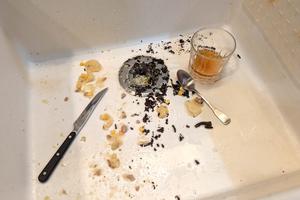
Ask the Builder: How to avoid expensive service calls
I don’t know of a living person that looks forward to an expensive service call. Your AC may quit on the hottest day, your kitchen sink may get clogged with egg shells three hours before your Thanksgiving guests arrive, or your furnace or boiler may decide to take the night off during a wicked cold spell. I’m going to share a few tips in ...Read more
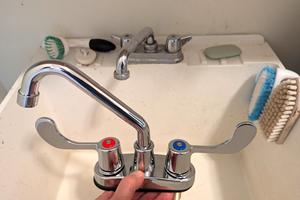
Ask the Builder: Installing a laundry faucet is an easy DIY plumbing project
You may or may not know that not only am I a home builder, but I’ve also been a master plumber since age 29. I was drawn to the plumbing craft because of its fascinating three-dimensional nature. Your home has but one sewer pipe leaving your house, and often just one vent pipe poking up through your roof. However, in between these two points ...Read more
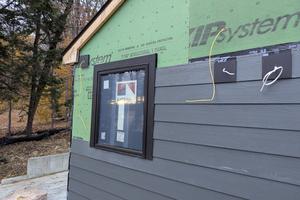
Ask the Builder: Water leaks in house siding and brick
You prefer hearing stories rather than being subjected to a lecture, don’t you? The most popular person at a holiday party is often telling stories to a small throng of people gathered around her or him. Allow me to take you on a psychic journey over the past 50 years of my construction experience.
This column is about water. You and I need ...Read more
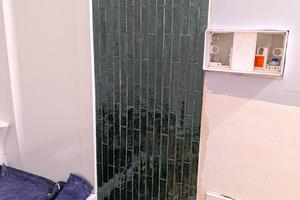
Ask the Builder: Installing subway ceramic tile
I have been installing stunning green subway tile the past two weekends in my son’s new basement bathroom. Subway tile is rectangular in shape. The grout joints between each tile have the same back-and-forth staggered pattern as mortar joints between bricks in a wall. It’s a fascinating look, and one you should give serious consideration to ...Read more

Ask the Builder: Wasting money on remodeling plans
I was on the phone for an hour a few days ago with a young man who lives about 15 miles north of Chicago. He had used my phone coaching service in the past to solve a complex heating and air conditioning problem with his old home. This call was about a new, ambitious whole-house remodeling project he and his wife want to do.
This young man ...Read more
Ask the Builder: Save substantial money on self-storage
Are you surrounded by off-site storage businesses like I am? Within a 15-mile radius of my rural home in central New Hampshire, there are thousands of storage spaces in metal buildings one can rent for a king’s ransom.
Within the past few months, an enormous multi-million dollar national brand opened a three-story storage facility near me. It...Read more
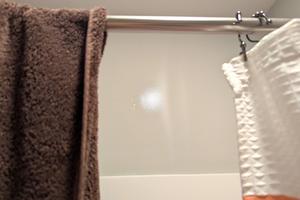
Ask the Builder: How to minimize mildew in your bathroom
Do you wage a constant war against mold and mildew in your home, especially in your bathroom? You’re not alone. Millions of people fight this scourge, and businesses have tried to develop all sorts of products to slow or stop the growth of this ugly, black organism.
Your chances of slowing mildew and mold growth increase exponentially once ...Read more
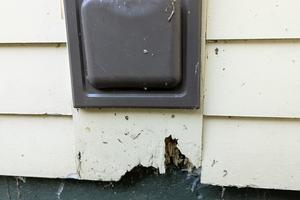
Ask the Builder: Repairing wood rot
Do you have wood rot happening at your home? It’s a very common problem, and it's getting worse each year, in my opinion, because new lumber is more susceptible to rot, and many tradespeople are not coating the fresh cut ends of wood with paint or preservative. As you might expect, clever alternative products have appeared in the marketplace ...Read more
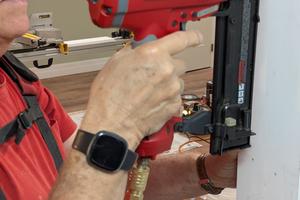
Ask the Builder: Finish nail guns will wow you
A few months ago, I brought my 20-ounce hammer and a traditional nail set tool with me to church. A six-penny finish nail, driven by a carpenter in the late 1800s through a piece of oak trim, had worked its way out of the wood about 1/8 inch. The head of the nail caught on my shirt one morning when I leaned against the wall to give my back a ...Read more
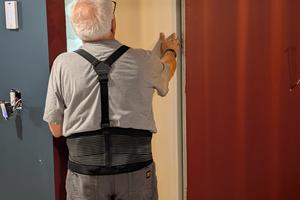
Ask the Builder: Pocket doors are amazing
I installed a pocket door in my son’s basement several days ago. The basement remodeling project has stretched out over a year because we can only work together on Saturdays and on occasional days he can take off from work. It was a unique pleasure to show him how simple it is to install a door that disappears into a wall.
He remembered the ...Read more
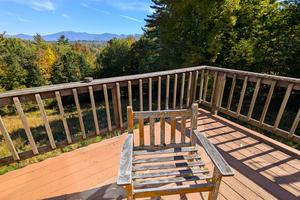
Ask the Builder: How to lose lots of your money
Each week, I extract homeowners just like you from horrible encounters with contractors. I do this via a short consultation phone or video call. The situations range from faulty roofing work and new cracked or spalling concrete to wet basements and shoddy tile work. The common denominator in every situation is misplaced trust. The homeowner ...Read more
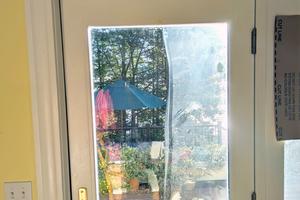
Ask the Builder: The best way to clean glass
I’m willing to wager a two-step hot fudge sundae made with mocha chip ice cream that you struggle to get the glass in and around your home perfectly clean. I’m talking crystal-clear glass that looks invisible. It might be glasses you drink from, the windows in your home, the glass in French doors, mirrors, your automotive glass and so forth....Read more



























